

About Head and Neck Cancer
Cancers that begin in the organs and the tissues of the head and neck are known as head and neck cancers. Oral cavity, Larynx (voice box), throat, lips, mouth, nose, and salivary gland tumors are among them.


Risk Factors & Prevention
Tobacco use and alcohol are two things that significantly increase the risk of getting head and neck cancer.
Some of the other factors are:
- Poor oral and dental hygiene
- Radiation exposure
- Viral infection (HPV, EBV)
- Weak Immunity (Post organ transplantation, HIV)
- Previous head and neck cancer history
- Exposure to toxic fumes of formaldehyde, fumes from plastic, rubber industries and textile industries
How can it be prevented?
- Quit Tobacco products and avoid alcohol
- Avoid the usage of marijuana
- Take good care of dentures
- When exposed to toxic fumes, wear a protective face mask
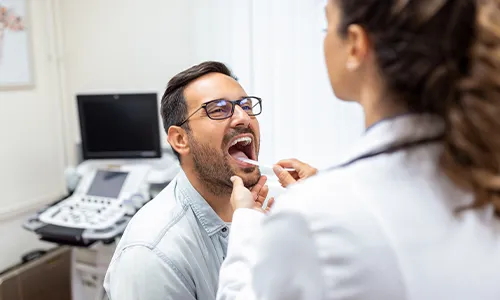

Screening
A simple examination in which the doctor feels for lumps in the neck and examines the nose, mouth, and throat for abnormalities.


Symptoms & Signs
- Swelling or a sore/ulcer that won’t go away.
- Mouth with white or red patches
- Head or neck lump, bump, or mass
- Persistent throat pain
- Hoarseness


Diagnosis
Doctors conduct different types of tests for other signs and symptoms :
- Physical examination
- Endoscopy
- Biomarker testing
- Biopsy
- Ultrasound
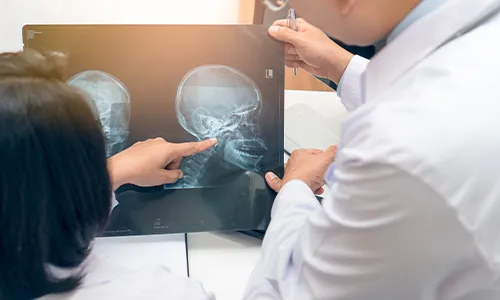

Sub-Types and Stages
There are five primary forms of head and neck cancer, each of which is identified by the region of the body in which it manifests:
- Laryngeal and hypopharyngeal cancer
- Nasal cavity and paranasal sinus cancer
- Nasopharyngeal cancer
- Oral and oropharyngeal cancer
- Salivary gland cancer
Stages
For Head and Neck Cancer, the TNM staging method is most frequently used to determine treatment options.
- Tumor(T): Where is the tumor located, and how big is it?
- Node(N): Have the cancer cells spread to the lymph nodes?
- Metastasis(M): Has cancer metastasized (M) to other body organs?
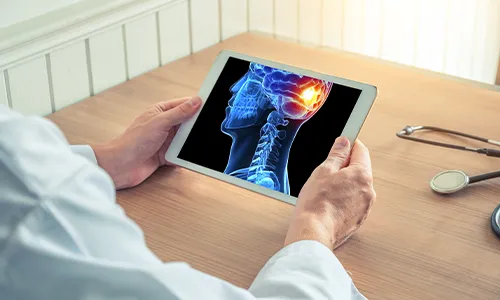

Treatment Modalities
a. Surgical Oncology
- To removes a cancerous tumor, different forms of surgery, are used which include Laser Surgery, Excision along with Lymph Node Dissection.
b. Medical Oncology
- Not every patient with Head and neck cancer has to go through surgery. The development of numerous effective chemotherapy medications has been proven to be efficient before, during, and following surgery or radiation therapy.
- Chemotherapy, immunotherapy, and targeted therapy are examples of drugs that have shown promise.
c. Radiation Oncology
- Involves the use of a focused beam of high energy x-rays to kill cancer cells while reducing toxicity and enhancing outcomes.


Coping with Treatment
Along with the medical side effects of Head and Neck cancer therapy, patients also deal with the financial burden of cancer care and the emotional and social impacts. MOC provides facility of Psycho Onco-Counseling and Nutritional counseling to help patients.


Do’s & Don’ts During Treatment
Do’s
- Practice good oral hygiene
- Before beginning therapy, have a dental examination
- Drink plenty of liquids
Don’t
- Avoid skipping meals
- Avoid getting infections
- Don’t smoke or use tobacco products
- Avoid foods and drinks that can irritate your mouth


Post-Treatment Support
Post-treatment Head and Neck cancer survivors can go through long-term side effects of treatment. People may appear different and feel worn out, and after receiving treatment, patients even struggle with depression. Survivors should talk with people who already have this cancer.


Follow-ups Cancer Care Plan
Post-treatment, one must request a follow-up treatment plan. Doctors provide a personalized treatment plan based on the type and stage of cancer.
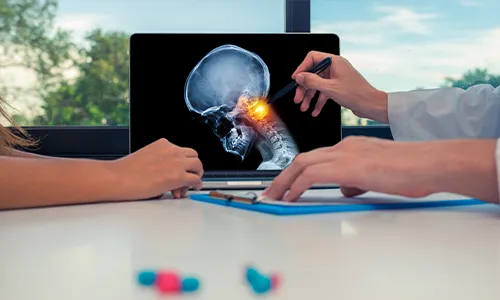

Surveillance and monitoring for Signs & Symptoms of Recurrence
People who have oral cancer may also acquire secondary primary tumors in the head and neck. This cancer is not the original tumor spreading; it is an entirely distinct type. Following treatment, an oncologist will keep an eye out for any symptoms of a new tumor.


FAQs
-
What signs and symptoms are present in head and neck cancer?
Tumors in the mouth, throat, nose, thyroid, and sinuses.
-
How is cancer of the head and neck spotted?
There are numerous tests Endoscopy, CT scan, MRI scan, and PET scan.
Specialized Doctors at M | O | C
Find the nearest center
Cancer Centres
Mumbai
Pune
Rest of Maharashtra
Gujarat
Delhi NCR
Cancer Clinics
Borivali
+91 9920767626
Book Your Appointment





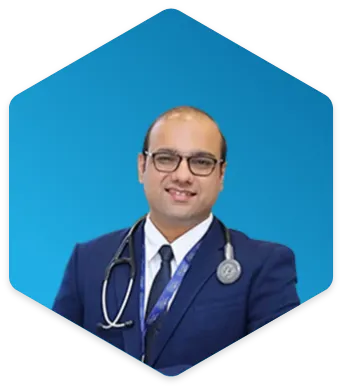

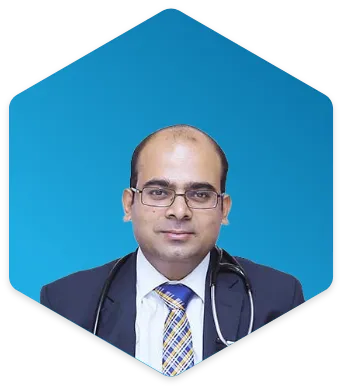

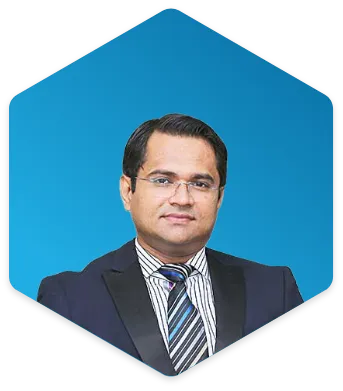
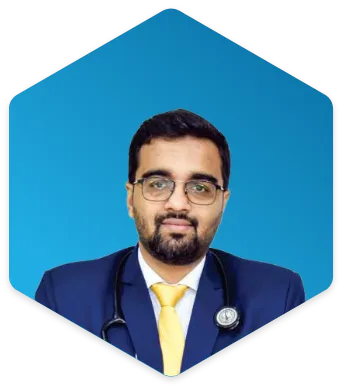



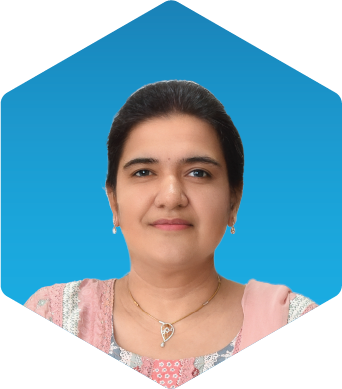
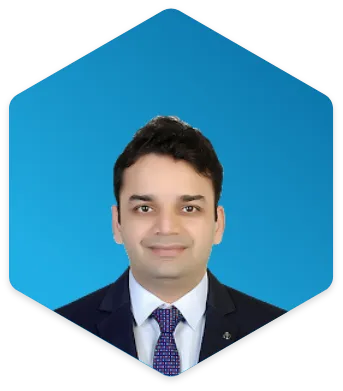

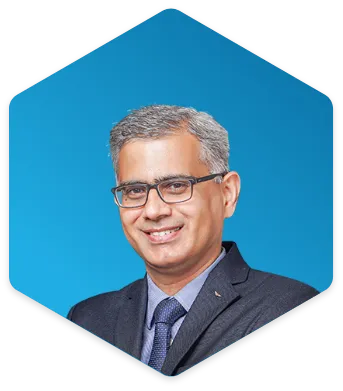
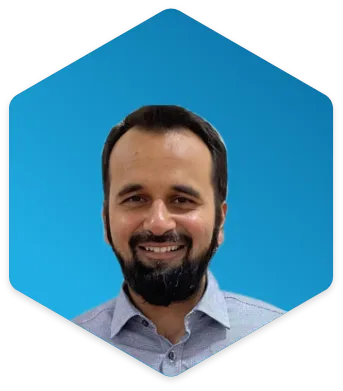

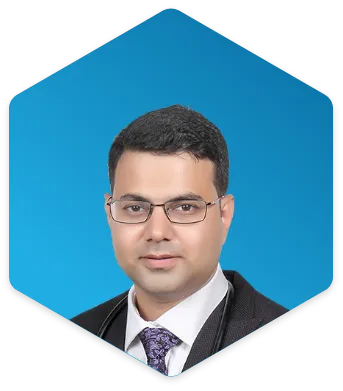
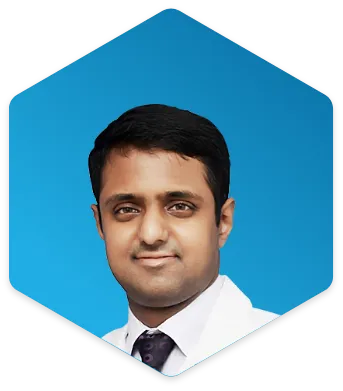


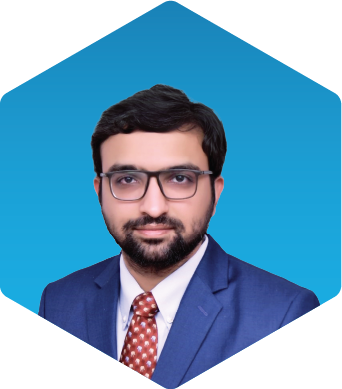


.png)

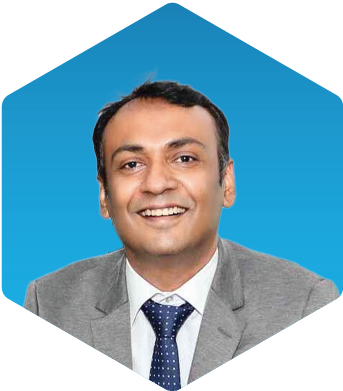


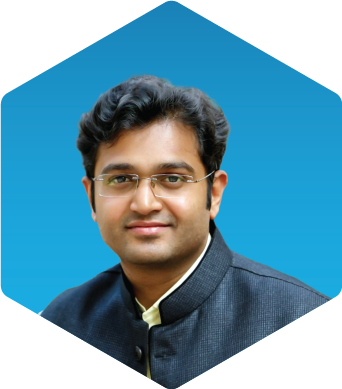
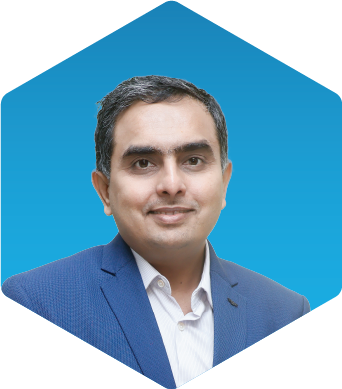



.png)
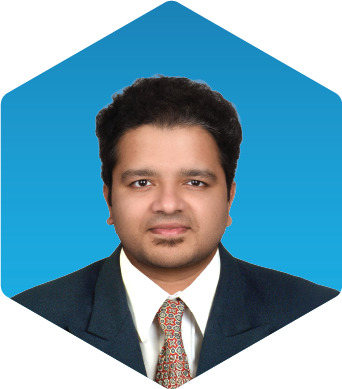
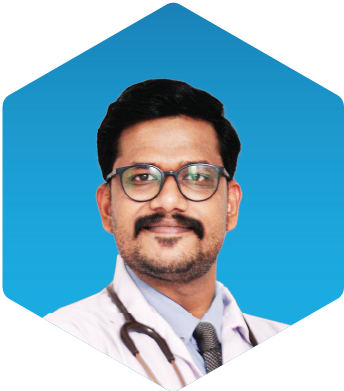
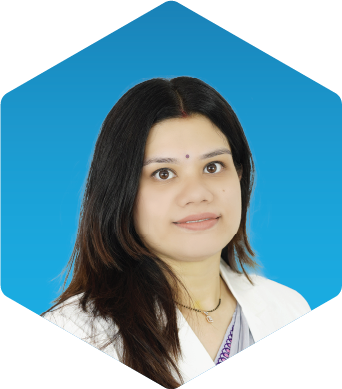

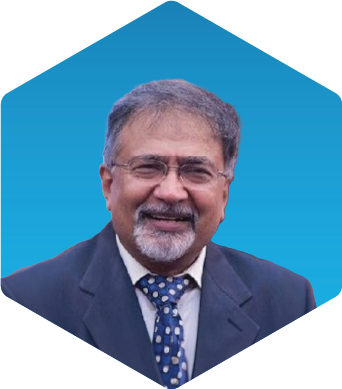
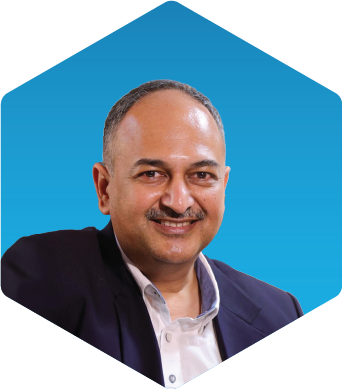





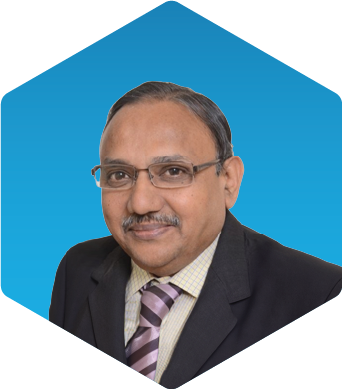

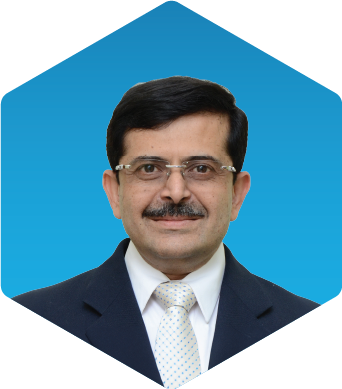

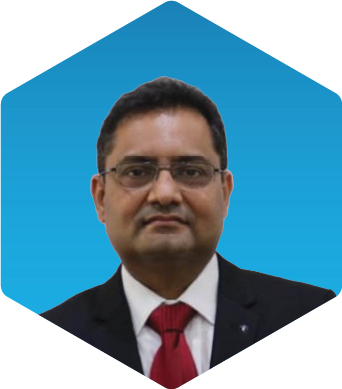

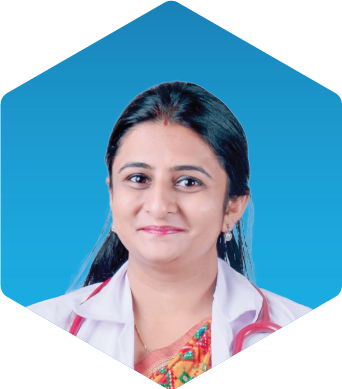


.png)
.png)
.png)



